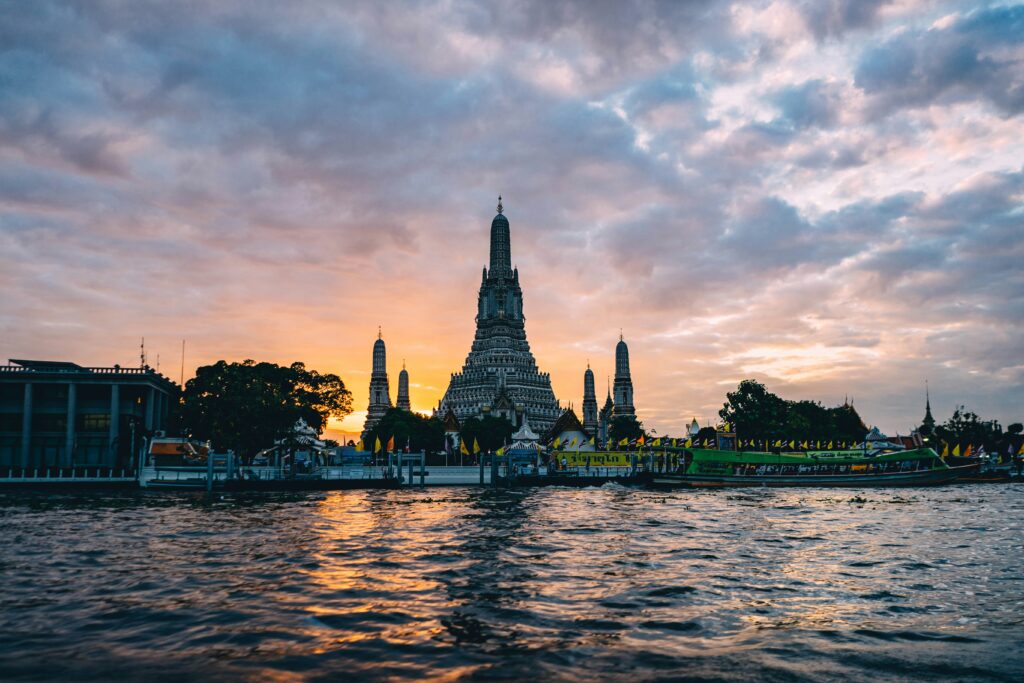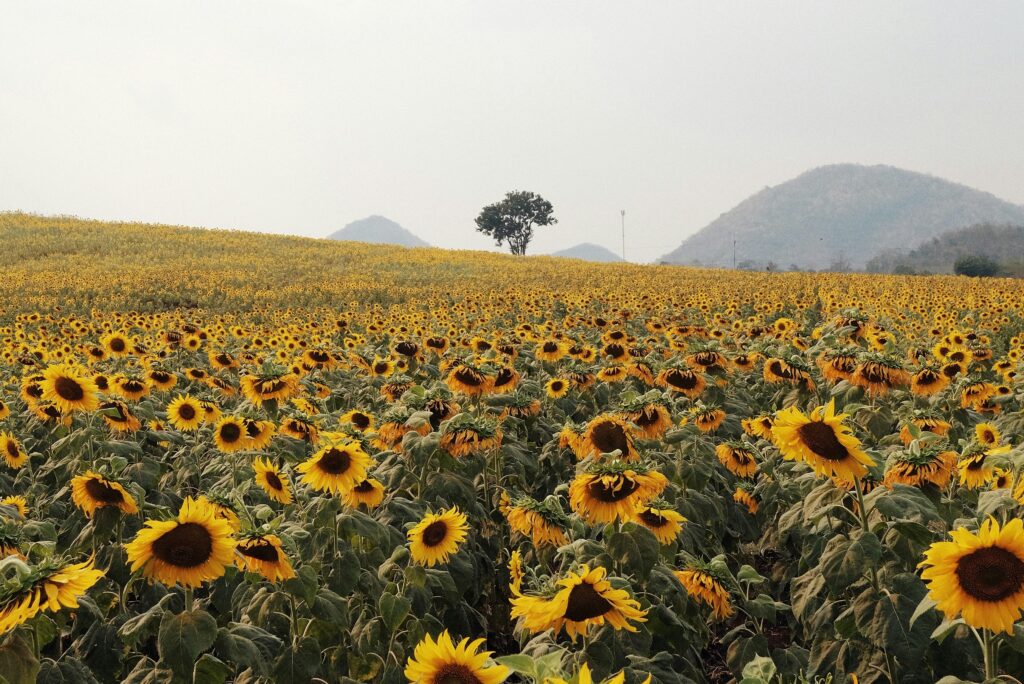
Thailand, officially known as the Kingdom of Thailand, is a captivating country located in the heart of Southeast Asia. With a rich history, diverse culture, and breathtaking landscapes, Thailand attracts millions of visitors each year, earning it a prominent spot on the global travel map. This introduction aims to provide an extensive overview of Thailand, covering its geography, history, culture, economy, and tourism.
Geography and Climate

Thailand is bordered by Myanmar to the northwest, Laos to the northeast, Cambodia to the southeast, and Malaysia to the south. The country has a varied topography that includes lush forests, majestic mountains, fertile plains, and stunning beaches. The northern region is characterized by forested mountains, the central region by the vast Chao Phraya River basin, the northeast by the Khorat Plateau, and the southern region by the narrow Kra Isthmus and numerous coastal islands.
Thailand’s climate is tropical and monsoonal, with three distinct seasons: the hot season from March to June, the rainy season from July to October, and the cool season from November to February. This climate diversity supports a rich variety of flora and fauna, contributing to the country’s natural beauty.
Historical Background
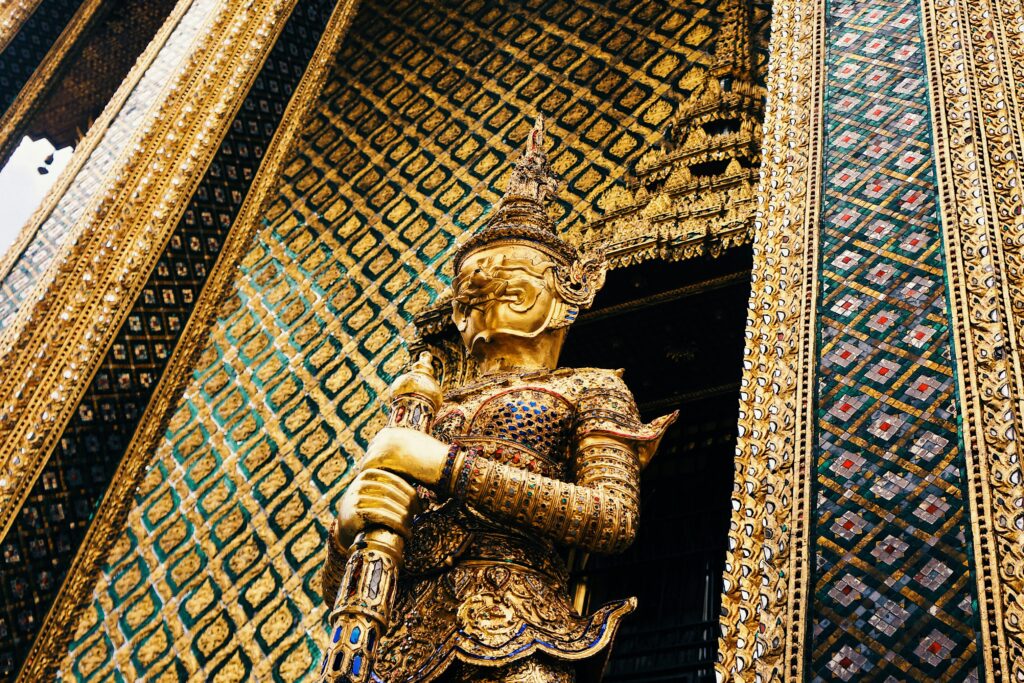
Thailand’s history is deeply intertwined with the rise and fall of various kingdoms and empires. The earliest known civilization in Thailand is the Ban Chiang culture, which dates back to 3600 BCE. Over the centuries, several powerful kingdoms emerged, including the Dvaravati, Srivijaya, and Khmer empires.
The Sukhothai Kingdom, established in the 13th century, is often considered the first Thai kingdom. It was succeeded by the Ayutthaya Kingdom, which became a major trading hub and cultural center until its fall to Burmese forces in 1767. The Thonburi Kingdom briefly followed before the establishment of the current Chakri Dynasty in 1782, with Bangkok as the capital.
Thailand is unique in Southeast Asia for having never been colonized by a European power, a point of great pride for its people. The country transitioned from an absolute monarchy to a constitutional monarchy in 1932 and has since experienced periods of political instability, including military coups and protests.
Culture and Society
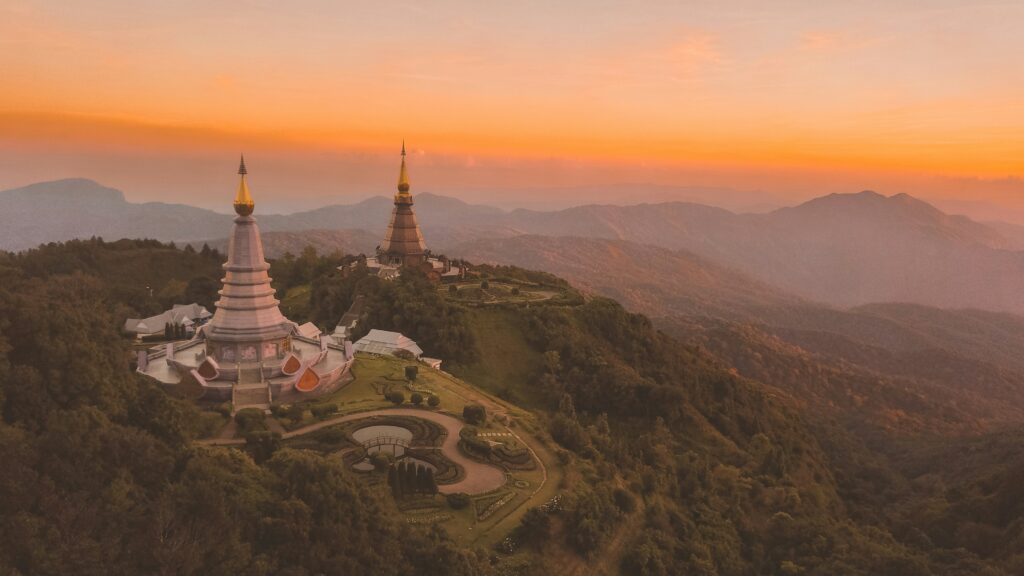
Thai culture is a rich tapestry woven from its history, Buddhism, and a blend of indigenous traditions and external influences. Buddhism, practiced by approximately 95% of the population, plays a central role in daily life and is reflected in the country’s numerous temples (wats), festivals, and rituals. The concept of “sanuk” (fun) and “mai pen rai” (never mind) are integral to the Thai way of life, emphasizing a laid-back and positive outlook.
Thai language, with its unique script and tonal nature, is the official language. However, English is widely understood, especially in urban areas and tourist destinations. Traditional Thai arts, such as classical dance, music, and crafts, are celebrated and preserved, with Thai cuisine gaining international acclaim for its bold flavors and aromatic spices.
Thailand’s society is hierarchical, with respect for elders and social status deeply ingrained. The monarchy is highly revered, and images of the King are ubiquitous. Family ties are strong, and social harmony is valued over individualism.
Economy

Thailand has transformed from an agrarian economy to one of Southeast Asia’s largest and most diverse economies. The country’s economy is a mix of agriculture, manufacturing, and services, with tourism playing a pivotal role. Thailand is a leading exporter of rice, rubber, and seafood, and its industrial sector produces electronics, automobiles, and textiles.
Bangkok, the capital, is the economic heart of Thailand, hosting numerous multinational corporations, financial institutions, and a thriving startup ecosystem. The government has implemented policies to foster economic growth, such as the Thailand 4.0 initiative, which aims to transition the economy to one driven by innovation and technology.
Despite its economic achievements, Thailand faces challenges such as income inequality, political instability, and environmental concerns. Efforts are being made to address these issues through sustainable development and inclusive growth strategies.
Tourism
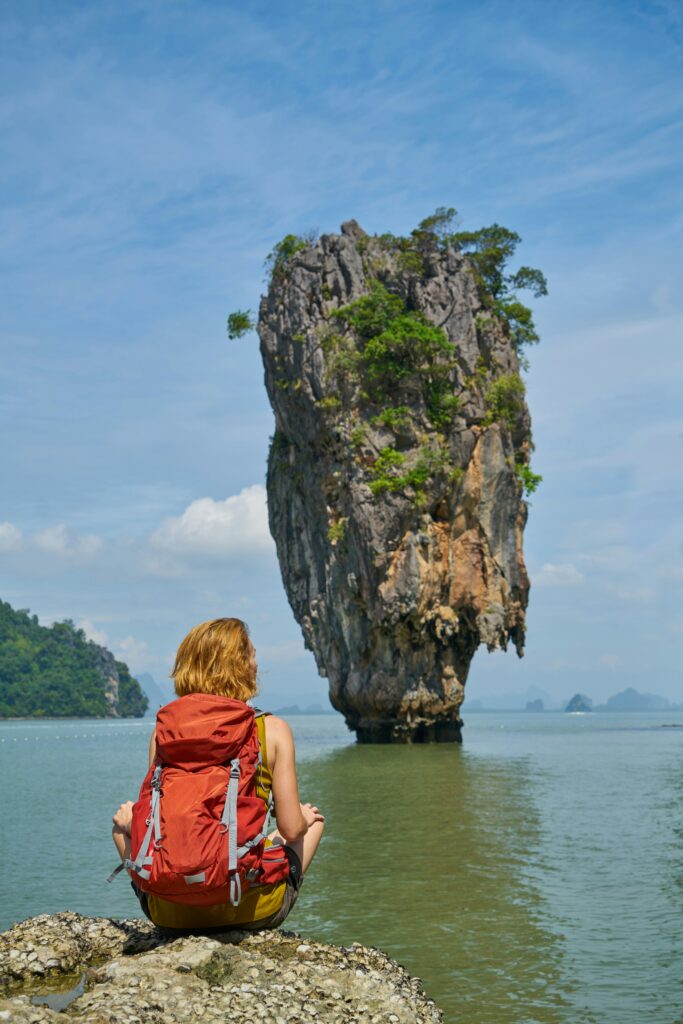
Tourism is a cornerstone of Thailand’s economy, attracting millions of visitors with its rich cultural heritage, stunning landscapes, and warm hospitality. From the bustling streets of Bangkok to the serene beaches of Phuket, Thailand offers diverse experiences that cater to all types of travelers.
Bangkok: The capital city is a vibrant metropolis known for its ornate temples, bustling markets, and modern skyline. Must-visit attractions include the Grand Palace, Wat Arun, and Chatuchak Weekend Market. The city’s vibrant nightlife, street food, and shopping districts make it a dynamic destination.
Chiang Mai: Located in the mountainous north, Chiang Mai is renowned for its well-preserved old city, numerous temples, and cultural festivals like the Yi Peng Lantern Festival. The surrounding region offers opportunities for trekking, exploring hill tribes, and visiting elephant sanctuaries.
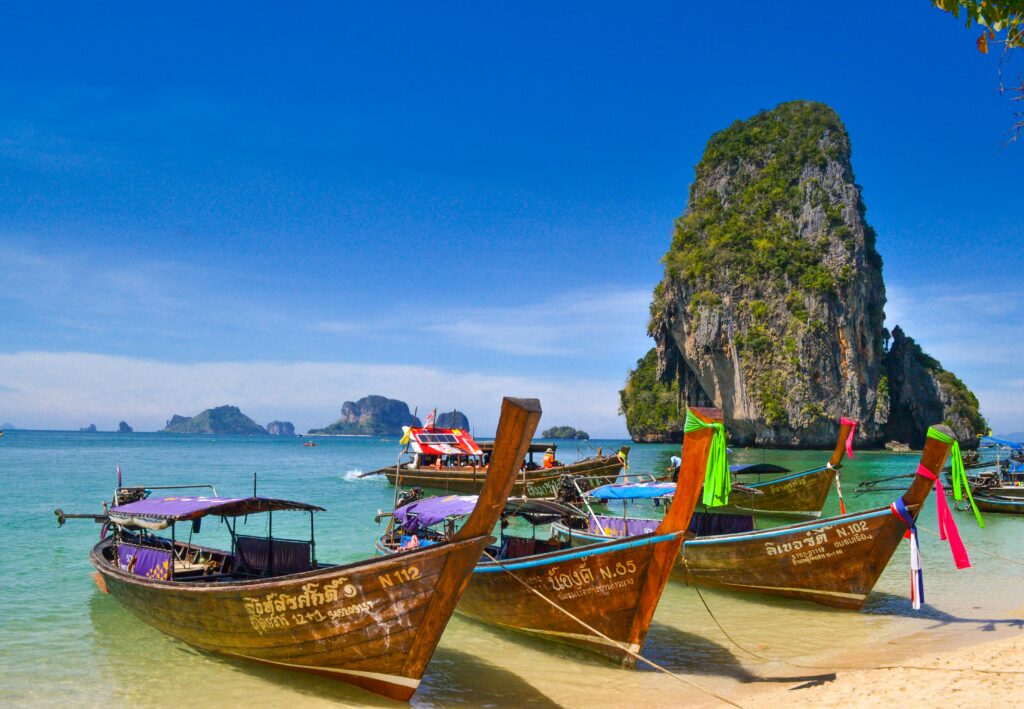
Phuket and the Islands: Thailand’s islands, such as Phuket, Koh Samui, and Koh Phi Phi, are famous for their pristine beaches, crystal-clear waters, and vibrant marine life. These islands offer a range of activities from scuba diving and snorkeling to relaxing at luxury resorts.
Ayutthaya and Sukhothai: These historical cities are UNESCO World Heritage Sites, showcasing ancient ruins and temples that glimpse Thailand’s illustrious past.
Natural Wonders: Thailand boasts stunning national parks like Khao Sok and Doi Inthanon, home to diverse wildlife and breathtaking landscapes. The country’s waterfalls, caves, and hot springs are natural attractions that draw nature enthusiasts.
Festivals: Thai festivals are vibrant and colorful, reflecting the country’s rich cultural heritage. Songkran (Thai New Year) and Loy Krathong (Festival of Lights) are the most celebrated events, involving traditional rituals, music, dance, and communal activities.
Conclusion

Whether you seek cultural enrichment, culinary adventures, or natural beauty, Thailand promises a memorable and fulfilling travel experience.
